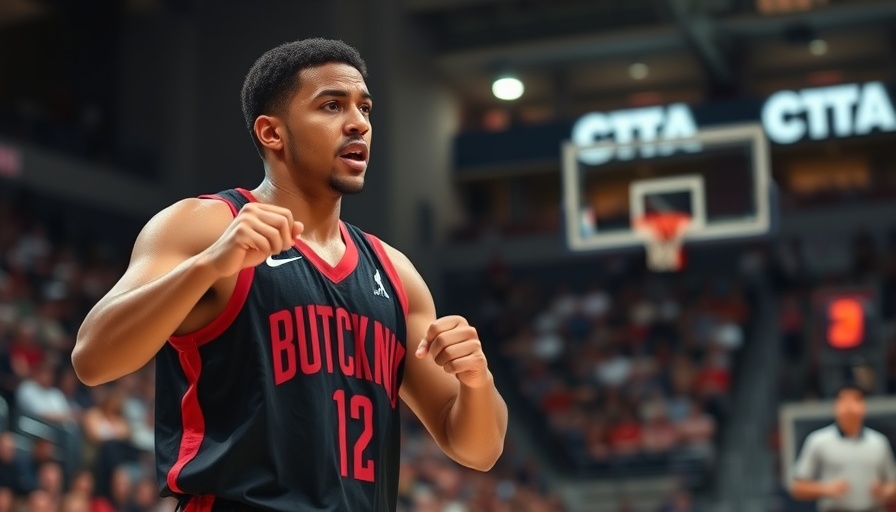
Understanding the Celtics' Trade Decisions
In a move that surprised many fans, the Boston Celtics traded Mass. native Georges Niang after just over a month with the team. Acquired in the blockbuster Kristaps Porziņģis trade, Niang’s quick departure marked a shift in strategy for the Celtics as they aim to navigate financial constraints while reshaping their roster.
Financial Strategies of the Celtics
Celtics president of basketball operations, Brad Stevens, recently clarified the rationale behind Niang’s trade to the Utah Jazz. To put it simply, the core reason was financial prudence. With the organization looking to cut back on its luxury tax payments, trading Niang’s $8 million salary allowed the team to sign forward Chris Boucher for a considerably lower cost of $3.3 million. “It just made some logical sense,” Stevens stated, emphasizing the necessity of adjusting the team’s financial commitments as they prepare for the upcoming season.
Implications for the Team
Stevens acknowledged that having to let go of a local player like Niang was a difficult decision. “That was a hard conversation to have because he’s a Boston kid, and I think he would have loved to play for the Celtics,” he said. The Celtics are attempting to find a balance between maintaining competitive talent and managing their budget effectively in a league increasingly influenced by financial realities.
Player Sentiment and Local Impact
Niang himself shared mixed emotions about his trade during an appearance on a podcast. While he recognized the challenges of stepping in for the star Porziņģis, he articulated the passionate expectations of Boston fans. “You just took our Unicorn and replaced it with a Minivan. Get the [expletive] outta here,’” he remarked, highlighting the intense scrutiny local players face. His sentiment reflects a broader understanding of how local ties impact both player morale and fan expectations.
Looking Ahead: Future Prospects for Niang
Now with the Jazz, it’s yet to be seen how Niang will adjust to his new environment, especially following an injury to his foot. The Jazz’ decision to bring him back is interesting, given his connection to the area and the team's recent leadership changes. It seems that for Niang, Utah may provide an opportunity for renewed success, both personally and professionally.
A Financial Reset for the Celtics
This trade is just one of several moves the Celtics have made as part of a larger strategy to maneuver within the constraints of the salary cap while still aiming for a playoff spot. With the team planning to continue these adjustments, it signals a critical reset year for Boston as they seek to stabilize their longer-term outlook.
As the Celtics move forward, both Niang and the organization are at crucial transitions in their respective paths. How they navigate these changes will be watched closely by Boston’s fervent basketball community, eager for what the new season holds.
 Add Row
Add Row  Add
Add 




Write A Comment